Australian Classification Board seeks new powers to censor old books, movies and TV shows
Australia’s Classification Board is seeking powers to censor old movies, books and television shows in line with modern community attitudes.
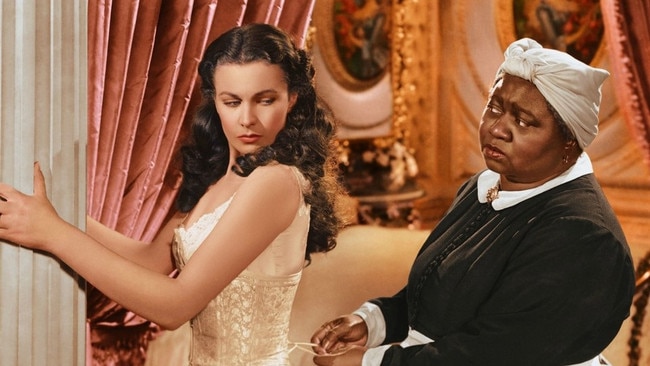
Australia’s Classification Board is seeking “cancel culture’’ powers to censor old movies, books and television shows in line with modern community attitudes.
The federal government agency wants to reclassify publications every 10 years, it has told a review of Australia’s classification scheme. Citing the British censor’s reclassification of classic children’s film Mary Poppins last year, the Australian censor says it needs new powers to proactively reclassify “archaic and out-of-step’’ movies, books and TV shows that “no longer align with the current guidelines or community standards’’.
Currently, the board can reclassify material only at the request of the federal communications minister, two years after making its initial decision.
It now wants to initiate its own reviews based on “ongoing complaints, requests or enquiries’’.
Such a move could fuel the “cancel culture” that has forced edits or the shelving of popular children’s books by Roald Dahl, Enid Blyton and Dr Seuss because of concerns about racism, sexism and body-shaming.
Vintage film – including some episodes of popular British TV comedy series Fawlty Towers and the 1939 blockbuster movie Gone with the Wind – has been cancelled or given trigger warnings by streaming services for racism.
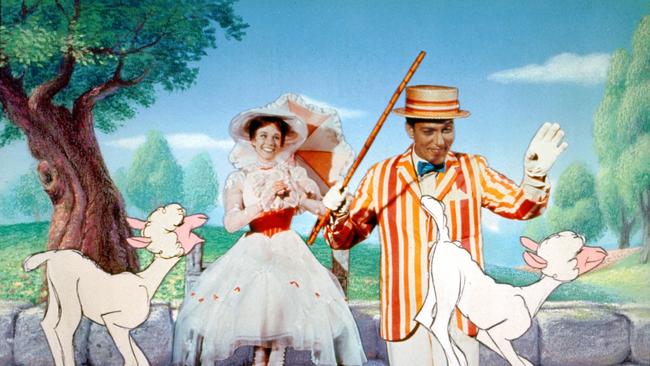
The Classification Board has told the Albanese government’s censorship review that “if classification is to be undertaken to give effect to community standards of morality, decency and propriety … there needs to be a legislative acknowledgment that those standards change over time’’.
“Provision must be made for a simple mechanism to allow for the reclassification of content. With ever-evolving community standards and a dynamic media environment, affecting not only how people consume content but also its impact on them, there is a need for a flexible and rational approach to reviewing archaic and ‘out-of-step’ classifications and consumer advice for previously classified media,” it said.
“There would need to be restrictions placed around the reclassification process so as to avoid frivolous or vexatious requests.’’
American actor Jennifer Aniston has called out the trend of “cancel culture’’, telling The Wall Street Journal in 2023 that “there’s a whole generation of people, kids, who are now going back to episodes of ‘Friends’ and find(ing) them offensive’’.
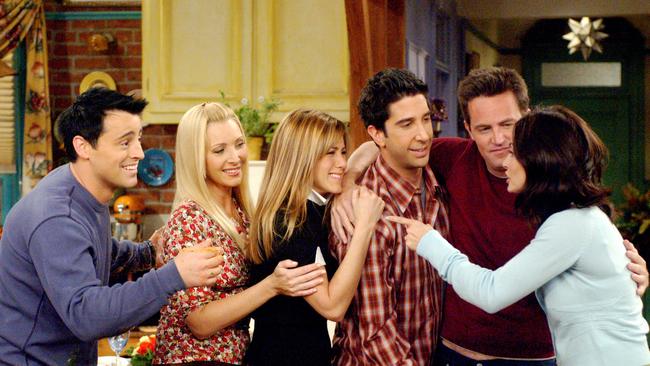
The British Board of Film Classification gave the Oscar-winning film Mary Poppins a U rating – for universal audience – upon its release in 1964 and again in 2013. In 2024, it slapped a PG (parental guidance) rating on the film for using “discriminatory language’’.
The censor found the film twice used the discriminatory word “Hottentots’’ – a historical English reference to nomadic peoples of southern Africa – when referring to soot-faced chimney sweeps.
The Australian Classification Board’s push for the power to reclassify old material coincides with criticism of its recent decision to approve a novel depicting the gang rapes and torture of children, as well as a comic book depicting violent sex that women’s safety advocates denounced as rape and “violent porn’’.
The Australian obtained two decision reports from the board, revealing it had cited the “literary, artistic and educational merits’’ of a novel depicting the graphic rapes of young girls, and dismissed a comic book rape scene as “dark humour’’.
The National Classification Code says “adults should be able to read, hear, see and play what they want’’, but the Censorship Board is required to “take account of community concerns about violence, sexual violence and portrayal of persons in a demeaning manner’’.
The code states that publications should be banned from sale or importation if they contain “descriptions or depictions of child sexual abuse”, or “gratuitous, exploitative or offensive descriptions or depictions of sexual violence or sexual activity involving minors’’.
The taxpayer-funded Australian Classification Board is independent of federal government.
Teachers Professional Association of Australia national secretary Edward Schuller said the board’s approval of a novel portraying pedophiles raping children was “utterly sickening and disgraceful … The thought of that book being accessed by students makes your stomach churn’’.
“Pornography is an evil scourge on society and this flagrant depiction of sexual violence is to be rebuked,” he said.’
The board gave both an unrestricted rating, with consumer advice of “not recommended for readers under 15 years’’.


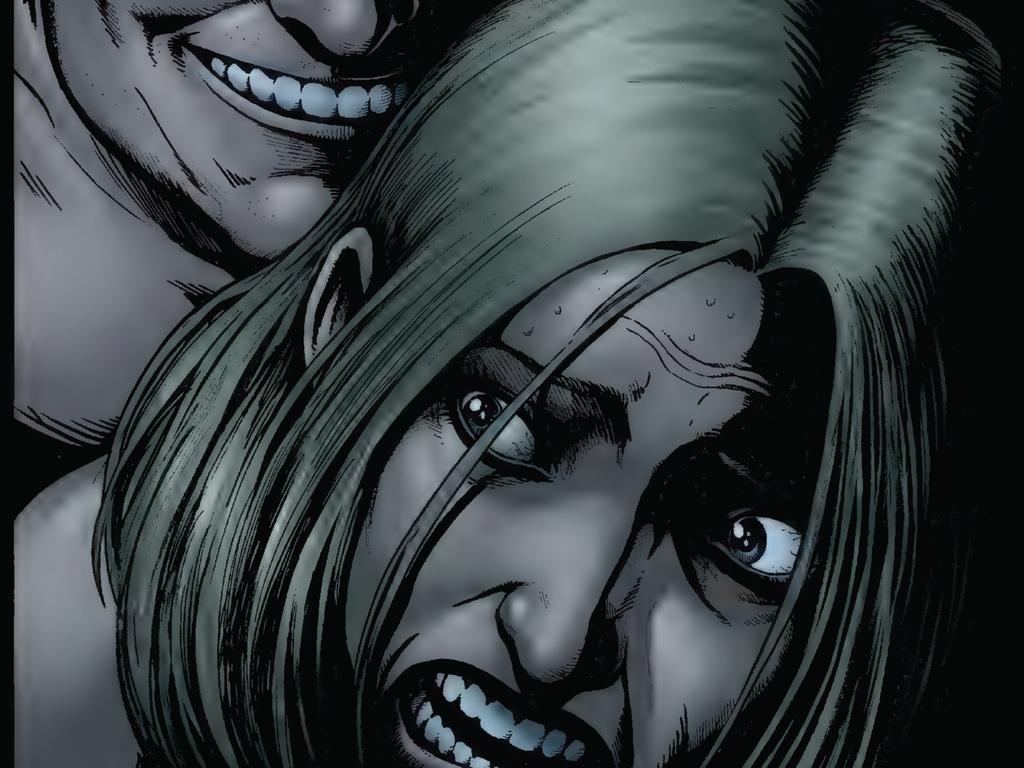
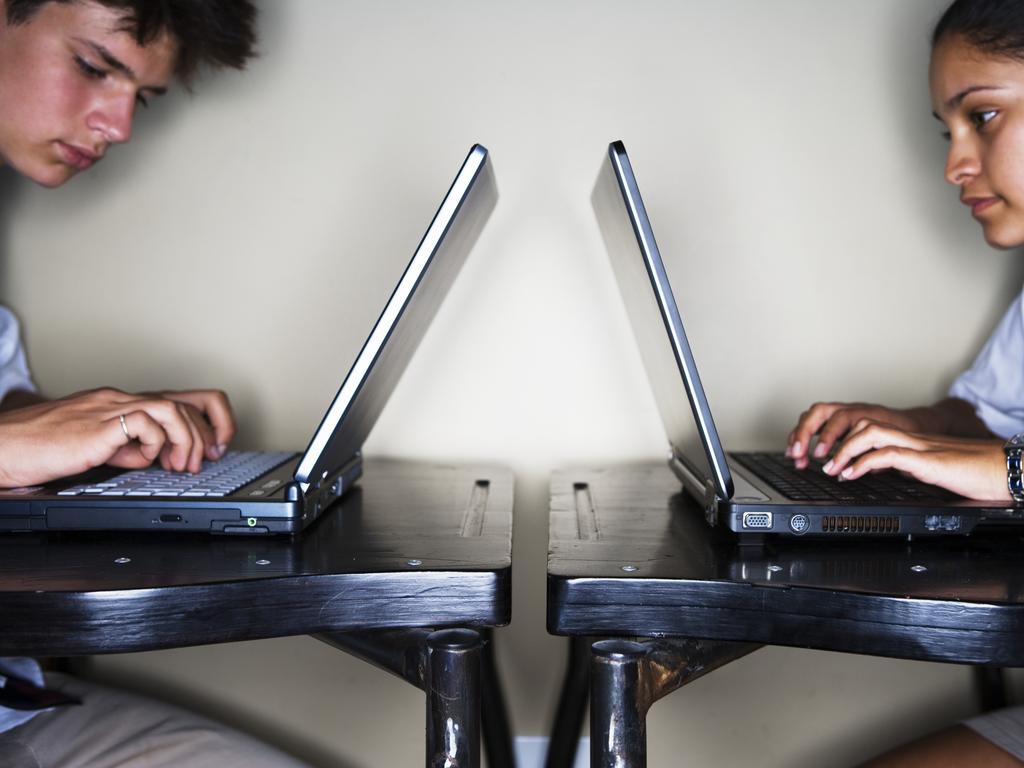



To join the conversation, please log in. Don't have an account? Register
Join the conversation, you are commenting as Logout